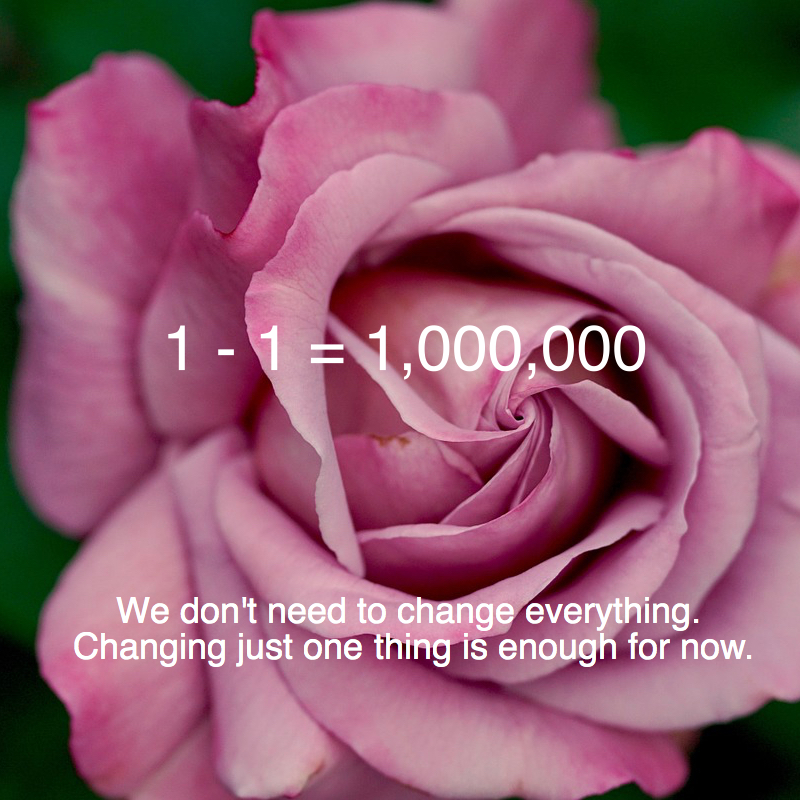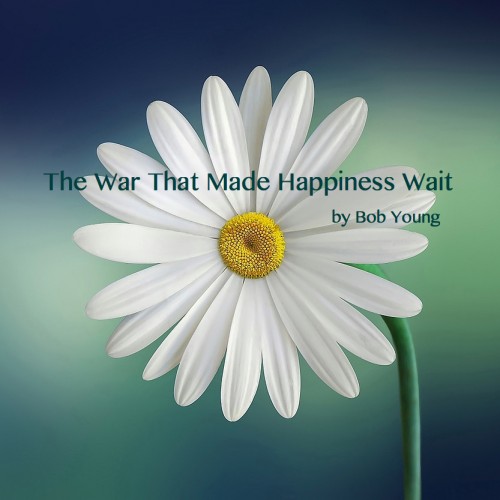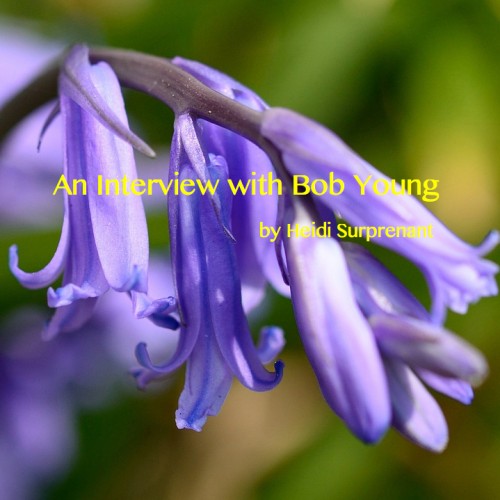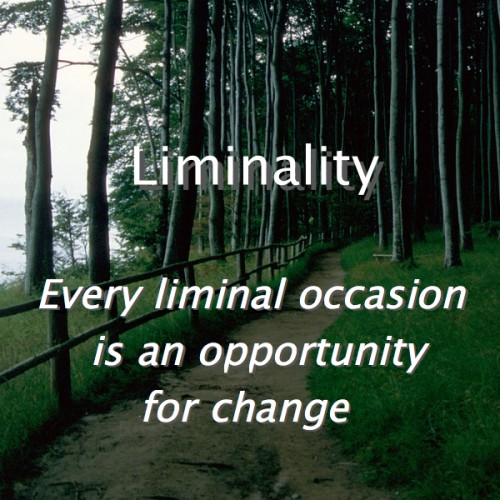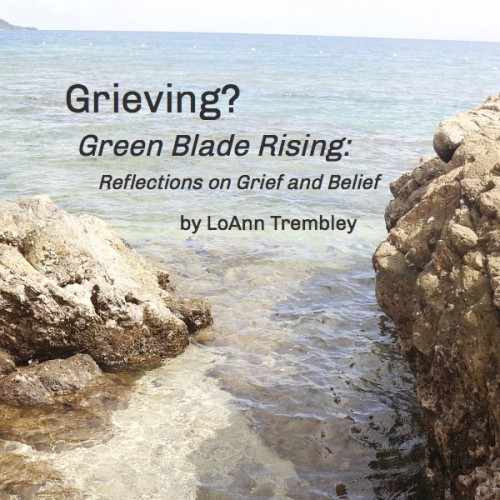Dear Writer Friend,
Here is the second chapter for your reading pleasure. Remember the original purpose of this blog is for you to either use this short story as a prompt or share a sample of your own historical fiction by replying to this blog.
Bob
The War That Made Happiness Wait
By Bob Young
Chapter 2
A tear snuck out of my eye. I couldn’t say which emotion drove out that tear. When it dribbled onto my
cheek, he noticed it and quickly pulled his hand back to re-bandage it.
“Say now, I wasn’t going for sympathy…,”
“I’m sorry, Dennis. I’m just happy you weren’t hurt more badly,” I said quickly trying to regain my
composure and trying not to embarrass him further.
“You can still do almost everything with that hand,” Abbie said taking over for me.
“I should be taking over as a full-fledged baker in a month as I get my strength up.”
“Betts is there to back you up.”
“She’s been great as I tire out in the afternoon,” he offered picking up on Abbie’s attempts to calm me
down. “She was the employee who didn’t gawk at my hand all day.”
“From what I heard she was too busy gawking at your upper body strength,” Abbie quipped. We
laughed both blushing. Besides you are the youngest adult male in all of Greens Park who isn’t married.”
“So that’s why all the women in town look at me that way,” Dennis said, the light dawning.
“There are no eligible men,” I finally squeaked.
“Why do you think we asked you out for a beer your first work day,” Abbie added.
“You’re trying to make everyone think one of you is my girlfriend?” Dennis asked.
“That’s the idea,” I said sheepishly.
“Do you already have a girlfriend?” I asked boldly.
“I had one back in Hawaii, but getting sent home ended that.”
“We’ll be your social life now that you’re home. Our drinking group used to be much larger. Our four
guys are serving all over the world.” I explained.
“Four guys?”
“Yes, four, although none of them had the courage to take us on as a steady girlfriend,” Abbie said.
“No?”
“They’re more afraid of us than the Axis forces,” Abbie teased.
We all laughed.
“How about we keep everyone in town guessing? I’ll take turns holding hands with both of you when
we are out,” Dennis suggested.
Abbie and I roared at that idea. We finished beer number two and started three. We spent the rest of the
evening filling him in on all of the changes in Greens Park since he had enlisted. The conversation
relaxed into a more familiar tone since the ice had been broken on the critical issues between sailor and
home front girls. Abbie and I seemed to relax into our old beer drinking group mode with Dennis easily
slipping into the ‘friend-who’s-a-boy’ category.
When the three of us got up from the bar to go home, Dennis made a fuss out of taking Abbie’s hand
with his good hand. When he did, we laughed out loud and were still in comic spasms as we hit the
sidewalk.
He walked me home first. They left me as he walked Abbie home. She never told me if he kissed her
goodnight. I was afraid to ask. Truth be told, I couldn’t wait until it was my turn to have him hold my
hand.
That was the rude new reality. Dennis drove an emotional wedge between Abbie and me in my head.
Abbie acted the way she always had. She talked incessantly and told me everything, I thought. When the
old crowd of men were still with us, we talked about them behind their backs all the time and decided
together who each of us would try to push into a deeper relationship. It seemed the same with Dennis but
Abbie never offered a plan of how she would make him hers. She stuck to her lament that there were no
dateable men in Greens Park now that the war was in full swing.
The fact that she ignored him made me afraid to talk about wanting to date Dennis. Every time Dennis
walked away holding her hand, I had to fight the feeling to follow them.
But weeks went by and no one made any kind of move. We got boring and the three of us looked like
we were just regulars at Connie’s.
Dennis was functioning as a baker at 100% after three months. He would allow me to help him move
pies and iced mini-cakes only so he could harass me about something. He didn’t need any physical help.
He just seemed to enjoy a few minutes of bar talk to break up the day.
About six months after he showed up at work, he stopped out front on his way home while I was
waiting on customers.
“I’m craving sea food. Let’s go to Trainers tonight.”
“Sure,” I said giving him a dirty look for social talk in front of customers.
“Is that your boyfriend?” an old lady said grinning broadly showing me a ravaged smile.
“He wishes I was his girlfriend,” I said sarcastically. The small gathering of customers laughed out
loud. Dennis stuck his tongue out at me and disappeared through the front door of the shop.
I was putting on my coat in the hallway by the shop’s service door a couple of hours later. Dennis
stepped in.
“Hi, Betts. Hungry?”
“I’m always hungry for Trainers.”
“Good.” He grabbed my hand with his bad hand.
That was a first.
Even though that hand was half gone, he had a warm, firm hold on my hand and the fact that he had
used his bad hand gave me an emotional charge.
Abbie wasn’t in the car.
It was just us. I kept my mouth shut waiting to see just what the hell was going on. I watched him drive
the car. He had installed a knob on the steering wheel to give his bad hand something easier to grab. He
looked comfortable. He asked me what I would order. Who my favorite teacher was at Grant High
School. How long I had lived in Greens Park. He didn’t remember seeing me before coming back to
work at the bakery. I told him that was because he was ancient. It would have been illegal for him to look
at me when he was in high school. He took the kidding good-naturedly. Actually, he was only five years
older than me and I was curious why I hadn’t noticed him around town when we were kids.
We pulled into the parking lot and he took my hand again as we walked into the restaurant. They sat us
in a little booth set up for two. We ordered.
“I want to start my own bakery some day,” he said when the waitress was gone.
“Really? Where would you put it?”
“I was thinking out on the north side of town. I think the town is going to grow toward Stony Pt and the
bakery will be right where the new homes will be.”
“Interesting. I’ve never thought how things will change after the war.”
“I really don’t know the best place except not downtown.”
“Sure. Not near Lauhoff’s.”
“By the time I’ve saved up enough to rent a space, the war will have been over for some time and where
to put it will be clear.”
“I’d apply to work in your bakery,” I said with a smile.
“I’d hire you in a second.”
“That’s nice of you to say,” I said.
“Not just nice, it’s really clear you could manage a business. You’re tireless and sharp.”
“Manage…?” I asked.
“You know everything about a bakery from the workroom to the display cases to caring for customers.
Especially customers.”
“That’s very generous. So, I have the job?” I said teasing him.
“Yes…,” he said more softly and very warmly. He waited a beat and said, “You’re hired.”
I looked at him trying to see behind his eyes because I instantly sensed something else was going on.
“Here are your scallops,” the waitress said.
“Thanks,” Dennis said.
“And butterflied shrimp for you.”
“Oh, that looks good,” I said.
We ate.
It was a great meal. While we enjoyed it, we described our families, what they did, and where everyone
was around the country. He described how beautiful Hawaii was and that if he could afford it he would
like to visit there in peace time. We shared other dream vacation spots each of us had.
We talked about what it was like to live with our parents, which we both were doing. We were thankful
but both longed to live on our own.
We topped off the meal with a slice of cheesecake and then he drove me home.
“Could I take you to dinner again soon?” he asked me as we walked up to my parent’s door.
“I’d like that but we can just go out for barbeque next time.”
“Sounds perfect.” He reached his bad hand up to my cheek and gently caressed me. I put my hand on
the back of his, impulsively holding it against my cheek longer than he probably intended looking steadily
into his eyes. After a moment, I turned my head and planted a kiss into the now healed ‘palm’ of what
was left of his hand. I looked back at him and his face blushed and his eyes rimmed with tears. He took a
step closer and slipped his arms around me and gently kissed my mouth. I felt his tears fall on my face.
“Good night, Betty.”
“Good night, Dennis.”
I watched him walk to his car. He waved and got into the driver’s seat and drove away.


